For Immediate Release
Contact: Barbara Determan, 515-249-8460, [email protected] | Michelle Olgers, 804-304-4200, [email protected]
AMES, Iowa (July 26, 2023) – The Swine Health Information Center’s Wean-to-Harvest Biosecurity Research Program, funded in collaboration with the Foundation for Food & Agriculture Research and the Pork Checkoff, has selected five additional projects for funding after review of round two proposal submissions. This brings the total number of projects awarded by the program to 15 for addressing a significant biosecurity gap in US swine production. Institutions receiving awards in the second round are Lowe Consulting, Pipestone Research, Texas Tech University, University of Missouri, and University of Montreal. Real-time results of all projects will be shared as quickly as they become available.
The Wean-to-Harvest Biosecurity Program reflects SHIC’s responsiveness to an identified swine health vulnerability and collaborative efforts to stretch SHIC’s producer Checkoff funds to safeguard the health of the US swine herd. Proactively enhancing wean-to-harvest biosecurity will help control the next emerging disease in the US pork industry, part of SHIC’s mission.
The updated research priorities in the second round of proposal solicitation focused on site and transportation biosecurity in five targeted areas: 1) personnel biocontainment and bioexclusion, 2) mortality management, 3) truck wash efficiency, 4) alternatives to fixed truck wash, and 5) packing plant biocontainment. “These key areas were identified as research priorities in which new tools and technologies were needed to develop a comprehensive biosecurity approach for the pork industry,” remarked SHIC Associate Director Dr. Megan Niederwerder. Proposals underwent a competitive review process by a task force of industry stakeholders with funding recommendations approved by the SHIC Board of Directors, FFAR, and Pork Checkoff during their June 30, 2023, meeting.
“Each of the awarded research projects take a unique and novel approach to enhancing personnel or transport biosecurity. Investigations will determine the efficacy of new tools or validate novel technologies to reduce the risk of disease spread through these routes,” Dr. Niederwerder explained. “For example, they will look at updating protocols, such as the entry bench, and addressing farms’ labor challenges by reducing the number of individuals entering barns. Projects were reviewed for their value to pork producers and their ability to provide cost-effective biosecurity solutions on the farm.”
Titles of round two Wean-to-Harvest Biosecurity Program projects awarded are:
SHIC, FFAR, and Pork Checkoff launched the two-year Wean-to-Harvest Biosecurity Program in the fall of 2022. The first call for research proposals was announced in October 2022 with the goal of investigating cost-effective, innovative technologies, protocols, or ideas to enhance biosecurity during the wean-to-harvest phases of swine production. Round one projects launched in March 2023. Round two proposals were due in late April 2023 and are expected to begin in July-August 2023. A pool of approximately $2.3 million is available for the program, with approximately $1 million being awarded to the first round of projects.
Swine Health Information Center
The Swine Health Information Center, launched in 2015 with Pork Checkoff funding, protects and enhances the health of the US swine herd by minimizing the impact of disease threats through preparedness, coordinated communications, global disease monitoring, analysis of swine health data, and targeted research investments. As a conduit of information and research, SHIC encourages sharing of its publications and research. Forward, reprint, and quote SHIC material freely. For more information, visit http://www.swinehealth.org or contact Dr. Paul Sundberg at [email protected] or Dr. Megan Niederwerder at [email protected].
Foundation for Food & Agriculture Research
The Foundation for Food & Agriculture Research (FFAR) builds public-private partnerships to fund bold research addressing big food and agriculture challenges. FFAR was established in the 2014 Farm Bill to increase public agriculture research investments, fill knowledge gaps and complement the U.S. Department Agriculture’s research agenda. FFAR’s model matches federal funding from Congress with private funding, delivering a powerful return on taxpayer investment. Through collaboration and partnerships, FFAR advances actionable science benefiting farmers, consumers and the environment.
Connect: @FoundationFAR
-oOo-
Copyright 2024 | Swinehealth.org | Website by Heartland Marketing Group